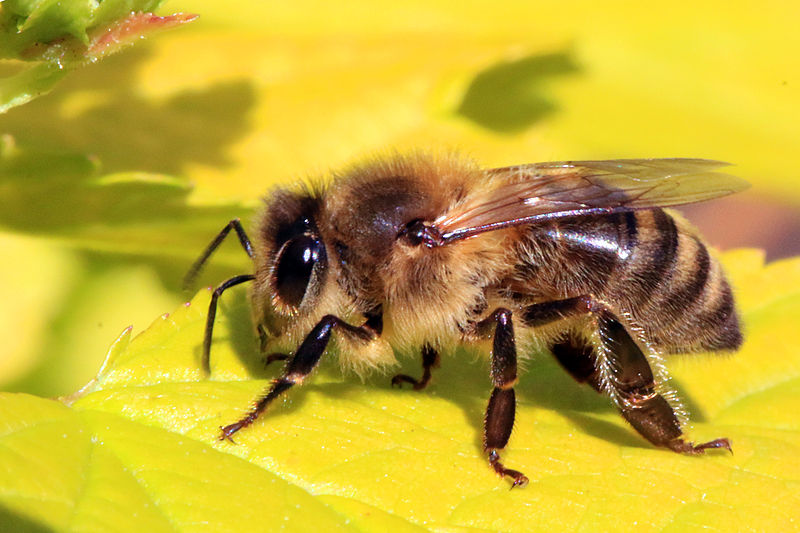
Volunteers have planted 400 wildflowers at the Purple Horizons Nature Recovery site in Walsall to attract rare bees, aiding local conservation efforts.
The planting, part of the Purple Horizons Nature Recovery Project, supports the rare Tormentil Mining bee among other species. This initiative is a collaboration involving Natural England, the Birmingham and Black Country Wildlife Trust (BBCWT), Walsall Council, and the University of Birmingham.
The project's goal is to restore and connect heathland areas across 12,000 hectares on the outskirts of the West Midlands. It contributes to a national effort to establish a Nature Recovery Network, enhancing habitats for species that depend on them.
A significant focus of the project is creating suitable environments for bees and wasps, particularly the Tormentil Mining Bee. This species, a priority for conservation, needs 'bee beaches'—soft soil banks where it can burrow and nest. The bee is endangered in the UK due to the loss of heathlands, with about 80% of these habitats disappearing over the past two centuries.
Earlier this year, 60 volunteers planted 400 plug plants of Tormentil, Harebell, and Cat’s Ear at Pelsall Common and Heath End. These plants attract the Tormentil Mining Bee and provide essential food sources for both the bees and their offspring.
Emma Johnson, Deputy Director for Natural England in the West Midlands, expressed gratitude to the volunteers: “We are incredibly thankful for the volunteers who dedicated their time to plant hundreds of wildflowers. Their efforts provide crucial nourishment for these important species. A healthy population of wild bees is vital for maintaining natural ecosystems and pollinating crops such as apples, strawberries, and oilseed rape.”
The volunteers also had the opportunity to visit Turner’s Wood Nature Reserve, where the Birmingham and Black Country Wildlife Trust hosted an open day.
The Purple Horizons Nature Recovery Project aims to establish a network of heathlands, wetlands, woodlands, and grasslands to support the recovery and long-term resilience of local reptiles, birds, and pollinators. The initiative includes various partners, such as Lichfield District Council, Staffordshire County Council, Walsall Council, and the Canal & River Trust, who are testing different habitat creation methods for bees.
Councillor Gary Flint, Portfolio Holder for Wellbeing, Leisure, and Public Spaces at Walsall Council said: “Walsall Council is proud to be a part of the Purple Horizons Nature Recovery Project. This initiative not only restores vital habitats for rare bees but also fosters a strong sense of community through volunteer engagement. The efforts of our volunteers today demonstrate our collective commitment to enhancing our natural environment and supporting biodiversity in the West Midlands.”
Aaron said: “The work we are carrying out restoring locally important sites like these is critical for conserving threatened pollinators across the region. The wildflowers are starting to flower and seem to have established well at the sites, we had bees foraging on them whilst we were planting them on the day so I am sure they are being used.” Photo by Charles J. Sharp, Wikimedia commons.




































